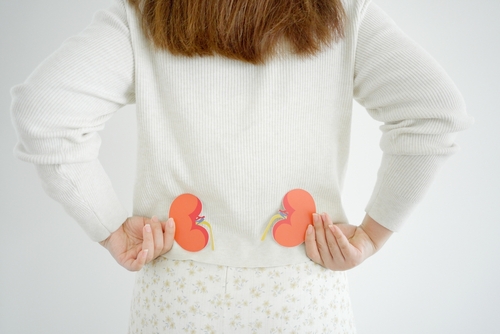Gout is often thought of as a “joint problem,” but its roots go deeper right into how your kidneys process certain substances in your body. Understanding this kidney connection is key to preventing painful gout flare-ups and protecting your long-term health.
What is Gout?
Gout is a type of arthritis caused by a buildup of uric acid in the blood. When uric acid levels get too high, sharp crystals form in the joints, leading to sudden pain, swelling, redness, and tenderness, often in the big toe, but it can affect other joints too.
The Kidney Connection
Your kidneys play a major role in controlling uric acid levels. Normally, they filter uric acid out of your blood and eliminate it through urine. But when the kidneys can’t keep up, whether due to kidney disease, dehydration, or other factors, uric acid builds up, triggering gout attacks.
- Reduced kidney function = less uric acid excreted.
- Dehydration = concentrated uric acid in the blood.
- High-protein diets or certain medications = more stress on the kidneys.
This is why people with chronic kidney disease (CKD) are at higher risk of developing gout.
Triggers for Gout Attacks
Certain foods, drinks, and habits can raise uric acid levels:
- Red meat, organ meat, and shellfish (high in purines).
- Alcohol, especially beer and spirits.
- Sugary drinks and foods high in fructose.
- Crash diets or dehydration.
Prevention Tips
While gout can be very painful, there are effective ways to lower your risk and protect your kidneys:
- Stay hydrated – Water helps your kidneys flush out uric acid.
- Choose kidney-friendly foods – Lean proteins, fresh fruits, vegetables, whole grains, and low-fat dairy are good options.
- Limit alcohol and sugary drinks – Both can raise uric acid levels and increase the risk of gout flare-ups.
- Maintain a healthy weight – Obesity increases uric acid production and makes it harder for the kidneys to remove it.
- Take medications as prescribed – If your doctor recommends uric acid–lowering drugs, consistency is key.
- Monitor kidney health – Regular check-ups and lab work help ensure your kidneys are filtering properly.
Final Thoughts
Gout isn’t just about joints; it’s also about kidney function. By protecting your kidneys and making smart lifestyle choices, you can reduce painful gout flare-ups and support your overall health. If you experience frequent attacks, talk to your doctor about a personalized plan to manage uric acid levels and keep your kidneys healthy.
Stay informed and take control of your kidney health!




